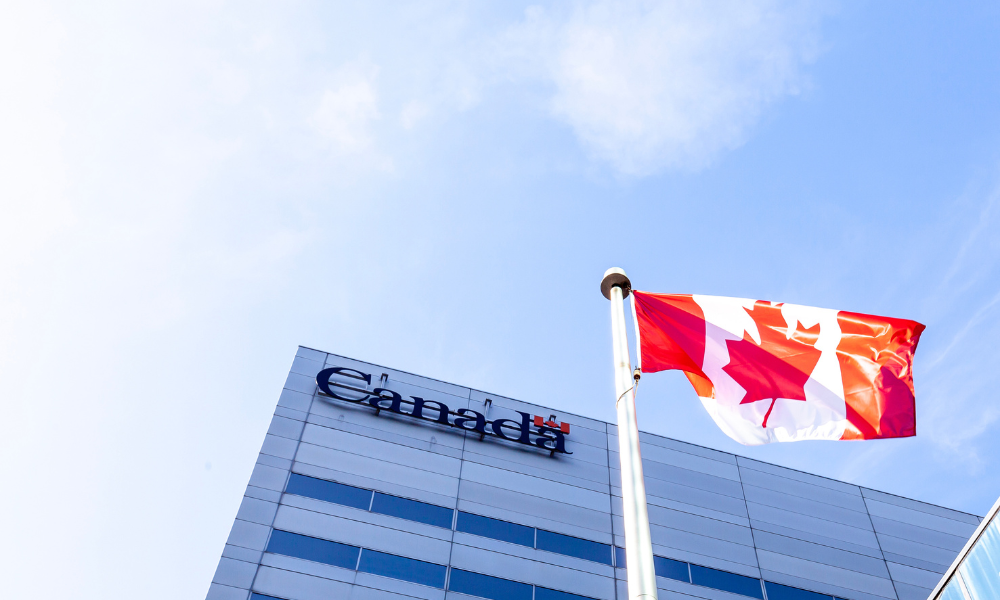High lending spreads, uncertainty opening window for private debt investment: Third Eye Capital CEO

With high levels of market volatility and uncertainty from US President Donald Trump’s tariff policy grounding a wide range Canadian businesses to a halt, Arif Bhalwani sees an alluring opportunity for investors to enter the distressed investment realm.
Canadian companies have been increasingly facing the prospect of bankruptcy as the impacts of Trump’s tariffs paired with a long-stagnant Canadian economy force difficult decisions. The Office of the Superintendent of Bankruptcy reported that insolvencies among Canadian businesses rose by 7.6 per cent in January 2025, 42.5 per cent higher than 2019 levels.
Bhalwani warns that investors should be prepared to employ a hands-on strategy when they enter the private debt space, as restructuring can be a laborious and occasionally litigious affair. Patience is also a key component to private debt investment, as the process of streamlining companies’ operations is never straightforward.
“For high-net-worth investors, they should be paying attention to the strategy, but it's not a plug and play strategy – you need to be okay with illiquidity, you need to be okay with longer holding periods. The reality is not everything is clean or pretty, so you've got to have patience,” he said. “This isn't a passive income strategy. You're not clipping a coupon and forgetting about it, it's not like buying a bond or a fixed income instrument.”
After a decade of low-cost loans, Bhalwani suggests borrowing spreads for Canadians will remain extremely high due to the economic shake-up caused by Trump’s tariff policy. He says Canadian companies are beginning to realize what he views as a spreads “reckoning,” a turning point which will see struggling businesses turn to private debt providers for restructuring services.
“We're coming off a decade of cheap money. There's been a lot of weak businesses that survived just because capital was flowing freely, and that era is pretty much over,” he said. “When capital starts pulling back companies that once had options suddenly don't, that's when you can step in as a private lender, and structure deals that protects your downside, giving you a shot at some real returns.”
The extreme concern expressed by businesses across a multitude of industries has opened up a window that investors can now take advantage of, according to Bhalwani. He points to companies tied to manufacturing industries as particularly vulnerable to the current market volatility, though adds that the majority of Canadian industries are at the mercy of Trump’s ever-changing policy decisions. When entering into a restructuring strategy, Bhalwani says the priority is always to pull out of poor contracts and get rid of liabilities in the company.
“One tweet or one policy change can pretty much wipe out the margins of a business or cut access to a market. And for a highly leveraged business, that kind of shock can be really fatal,” he said. “What we're doing is solving for complexity. We're not just providing capital, we're helping businesses shed their liabilities, trying to get out of bad contracts and restructure around what actually worked.”
The Bank of Canada decided to hold interest rates at 2.75 per cent in its latest rate decision as it grapples with the impacts of Trump’s tariffs and the threat of rising inflation. Bhalwani says that the BoC’s recent moves are an indication that base rates will continue to remain high in the future, which will impact the ability of companies to lend at generous rates like they had done previously. Even if volatility and base rates decrease, Bhalwani suggests that spreads will remain high due to the amount of risk involved in lending to Canadian companies. Bhalwani focuses on restructuring medium-sized companies, which are most vulnerable to the economic pressures of high market volatility.
“I think spreads are going to remain high in certain segments of the market where we operate, which is that small and medium sized business market where companies will have anywhere from revenues of 10 million to 500 million,” he said. “Because capital is just getting more and more scarce in this country, those spreads are going to be wide for a long time, irrespective of where the base rate is.”



